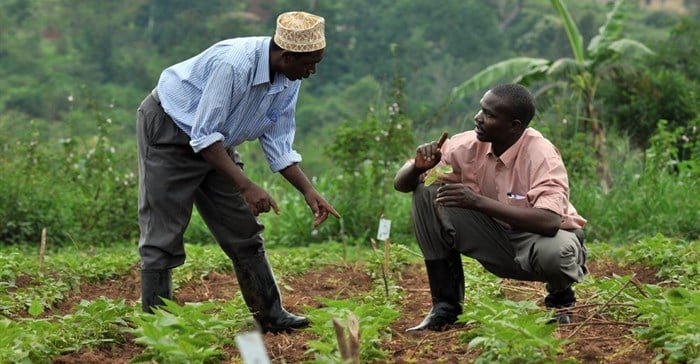African governments and development agencies are prioritising agriculture to recapture the Africa Rising narrative after the mid-2014 oil price shock. It is widely acknowledged that agribusiness is the key to transforming African economies - this was the core message at the 2019 Agra Forum in Accra, Ghana and a constant topic of discussion during the African Agri Council (AAC) recent West Africa roadshow.
The new narrative includes promoting the continent as a business and investment destination with a clear emphasis on 'returns outweigh the risks'. The potential for growth in African food and agriculture across the value chain is well documented, however realizing the continent’s full agricultural and food potential will require significant investment - therefore paving the way for improved policies to attract foreign direct investment (FDI) rather than pursuing a donor approach.
Sub-Saharan Africa will need eight times more fertiliser, six times more improved seed, at least $8bn of investment in basic storage (not including cold-chain investments for horticulture or animal products), and as much as $65 billion in irrigation to fulfil the industry promise.
Further investment will be needed in basic infrastructure, such as roads, ports, and energy, plus improvements in regional trade flows according to a recent Mckinsey report. "The report highlights an attractive landscape for investors, agribusinesses as well as highly innovative African and international start-ups to stimulate growth in the sector," said Ben Leyka, CEO of African Agri Council.
"We need to create an environment for governments, agribusinesses, investors, financial institutions, development financial institutions (DFIs), donors, tax experts, consultants, technology innovators, machinery suppliers as well as seed and fertilizer manufacturers to explore bankable projects, opportunities and conduct the business of food and agriculture, hence the development of the African Agri Investment Indaba (AAII)."
For the past three years, the African Agri Council (AAC) has hosted the African Agri Investment Indaba (AAII) to bring top executives, financiers, investors, project owners and policy makers together to discuss trends that influence food and agribusiness economics and investment landscape over the next decade in Africa.
The fourth edition, said Leyka, focuses on high level closed sessions, investment masterclasses, strategic co-located events and agri tour across the Western Cape to boost transactional discussions and strategic partnerships.
AAII 2019 will include topics such as:
• Financing of agribusiness: Links between the type of capital needed for success
• Mix funding and the duration of the traditional private equity fund and tax implications in African food and agriculture
• Technology adoption throughout African food and agriculture
• The growing role of supermarkets in Africa’s food security and commodity value chain development
• Africa food and agriculture investment landscape: mitigating political risks in the transformation of agriculture
• Successfully transforming economies: Africa's seismic shift from import reliance to self-reliance
• Funding the future and tackling thorny issues: The next frontier for financing agripreneurs
The future of food in the world will depend on what Africa achieves in agriculture said Dr Akinwumi Adesina, president of the African Development Bank (AfDB), therefore should be at the top of the global food security agenda.

























